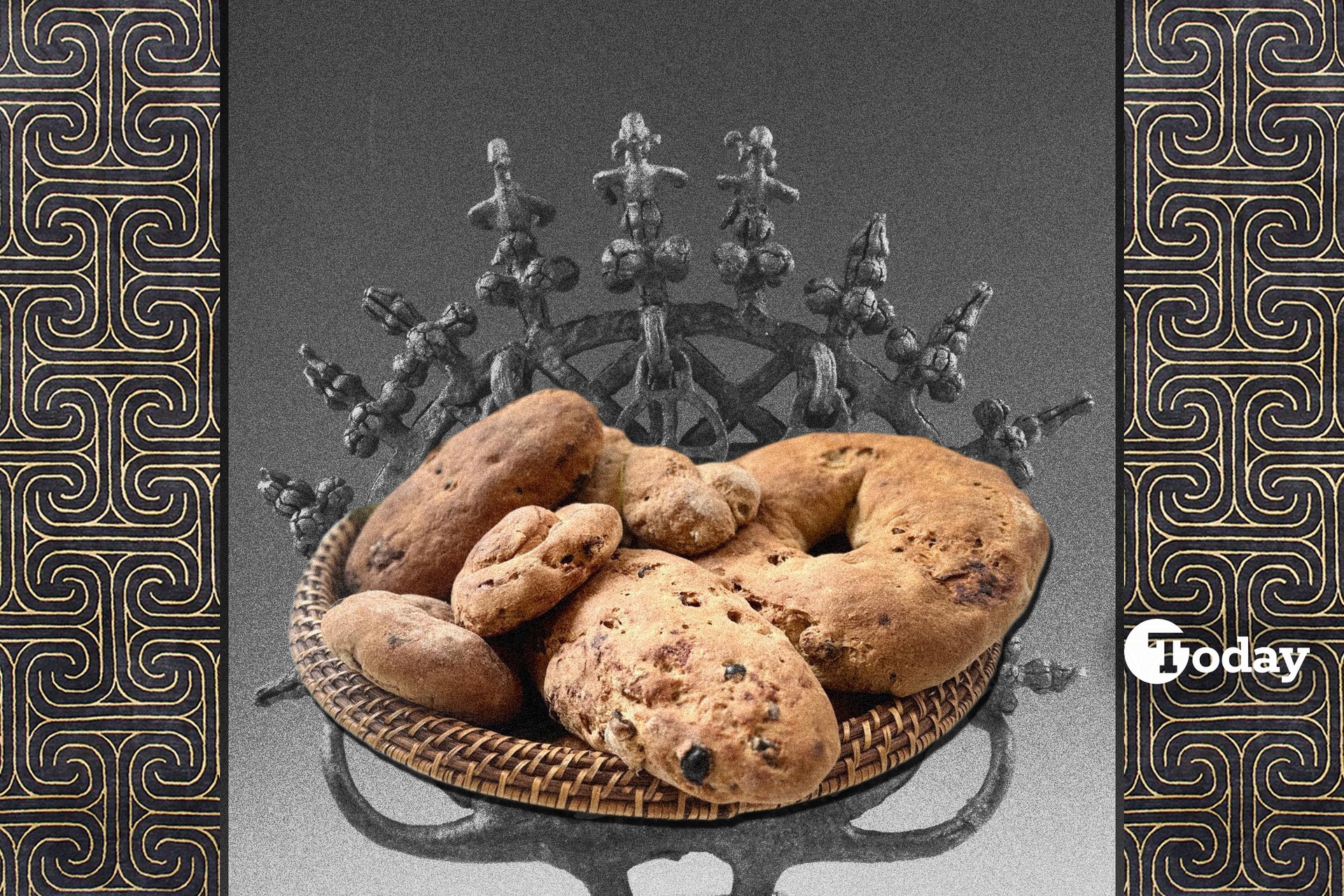
The Hittite language's first deciphered sentence revolved around bread. "Ninda-an ezzateni watarra ekutteni," a phrase discovered through comparisons with living languages, translates as "You eat bread and drink water."
This sentence, a fascinating insight into the past, reflects the importance of bread in the Hittite culture and its rich gastronomic heritage.
This article explores the Hittite civilization's culinary contributions, focusing on their food culture, ancient rituals, and the enduring legacy that lives on in modern-day Türkiye.
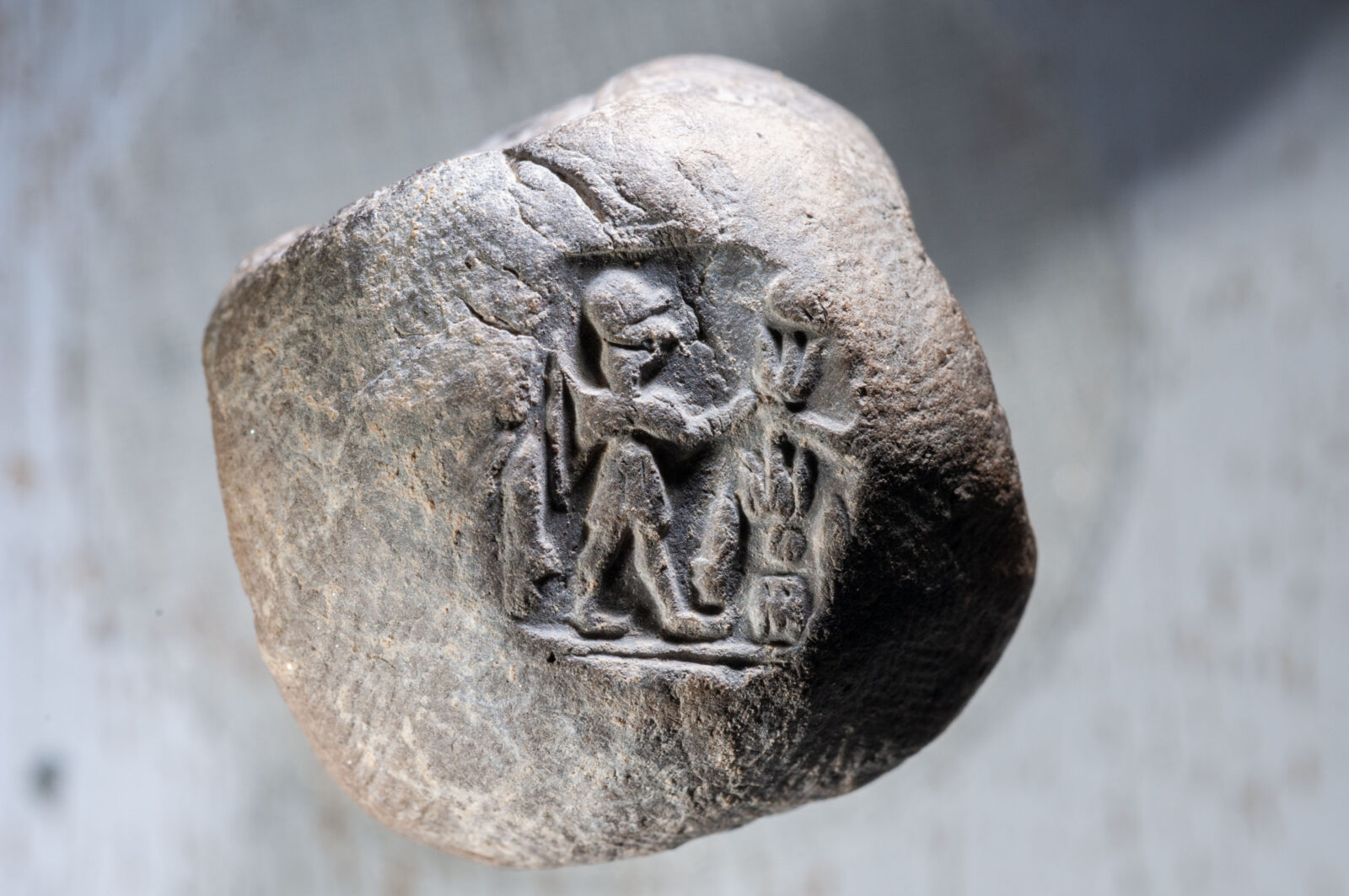
Around 1,650 B.C., the Hittites, an Indo-European people, settled in Anatolia, merging with the indigenous Hatti population. Over time, they grew into a dominant force, establishing the Hittite Empire. Their kingdom, initially led by Labarna and centered in Hattusa (modern-day Türkiye's Corum), expanded across Anatolia.
The Hittites controlled the region until the collapse of their empire because of the "Aegean Migrations" around the early 12th century B.C.
Today, traces of the Hittite presence can be found across several provinces of Türkiye.
The Hittites flourished in Anatolia, rich in natural resources, including fertile land, water sources, and a mild climate. This enabled the development of a diverse agricultural system, incorporating wheat, barley, legumes, and vineyards.
The Hittites also kept livestock such as cattle, sheep, goats, and pigs, alongside hunting wild animals like deer, wild boar and rabbits. They traded goods, and their culinary influences spread through various regions, culminating in a unique food culture that included a variety of bread recipes.
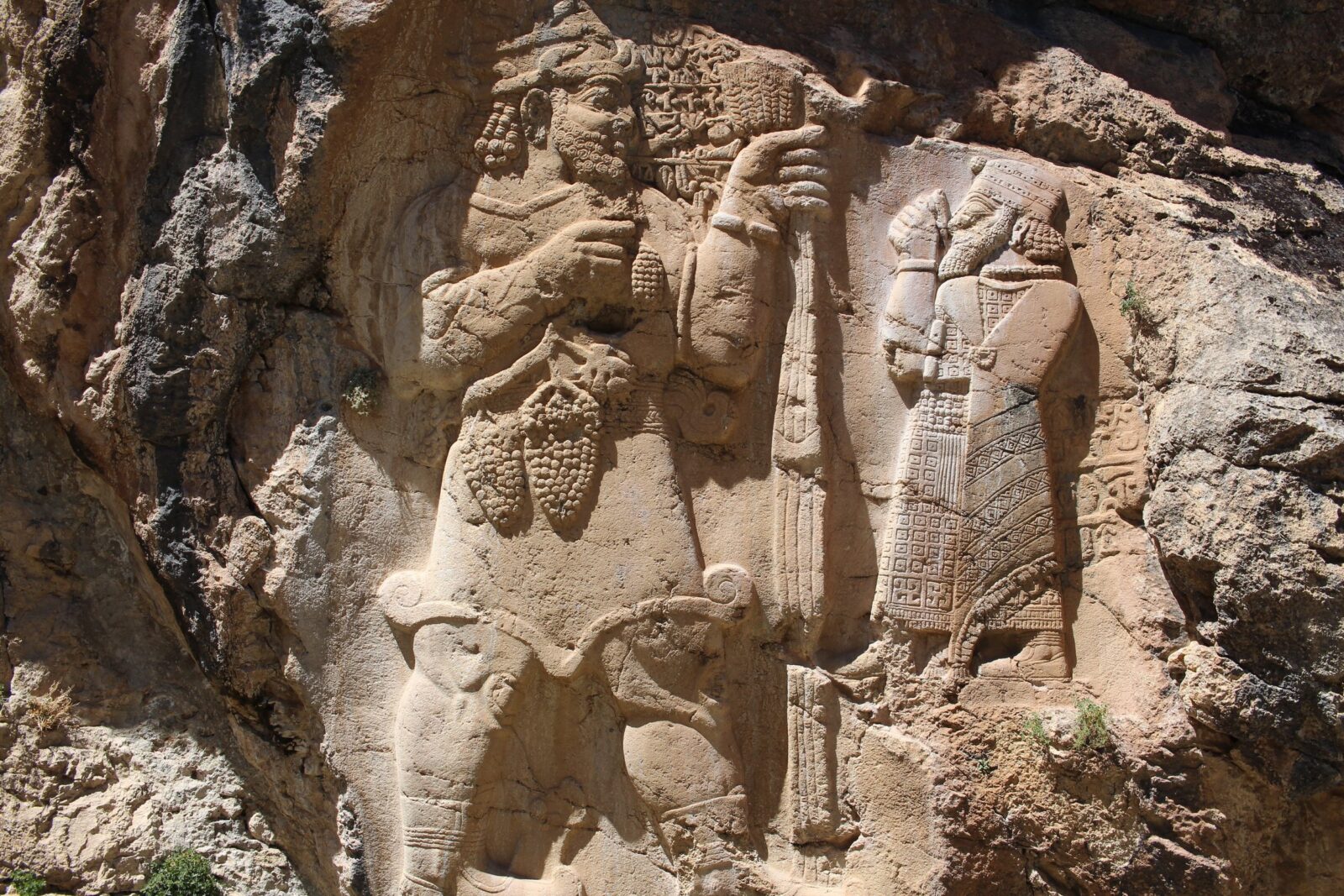
One of the most significant artifacts of the Hittites' agricultural heritage is the Ivriz Rock Monument, located in Eregli, Konya. Dating back to the eighth century B.C., the relief depicts King Varpalavas and the god Tarhundas, highlighting their contributions to agriculture.
The carving shows Tarhundas holding wheat and grape clusters, symbols of fertility and abundance. The accompanying inscription reads: "I, Varpalavas, the mighty king of Tuvana, planted these vines; may Tarhundas bless them with abundance."
Hittite cuisine was shaped by the fertile landscape and their agricultural practices. The Hittites enjoyed a variety of crops and meats, including cereals, fruits, and vegetables.
As they traded and interacted with neighboring regions, their food culture evolved.
Hittite dishes, especially bread, were an integral part of their daily lives and rituals. Bread was considered sacred, and the Hittites are credited with creating the first written agricultural monument, further cementing their place in culinary history.
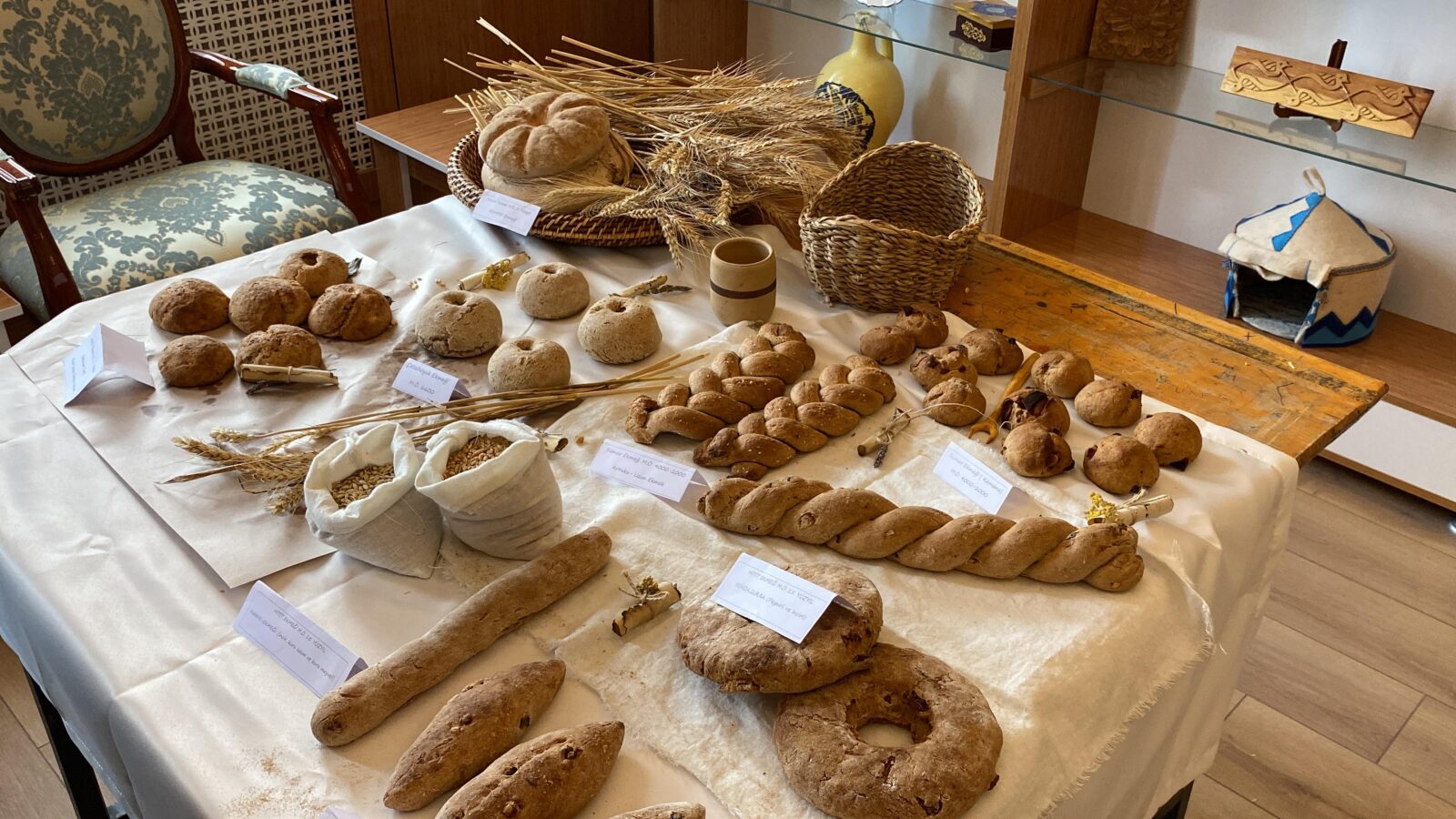
The Hittites were known for their bread-making skills, with over 180 distinct types documented in ancient texts. Bread was so central to their culture that it played a crucial role in rituals and offerings to the gods.
From bitter bread to honeyed loaves, the Hittites created a vast array of breads, many of which are still relevant in modern-day Turkish cuisine.
Bread was seen as a symbol of life and sustenance, and its significance is reflected in numerous Hittite inscriptions and practices.
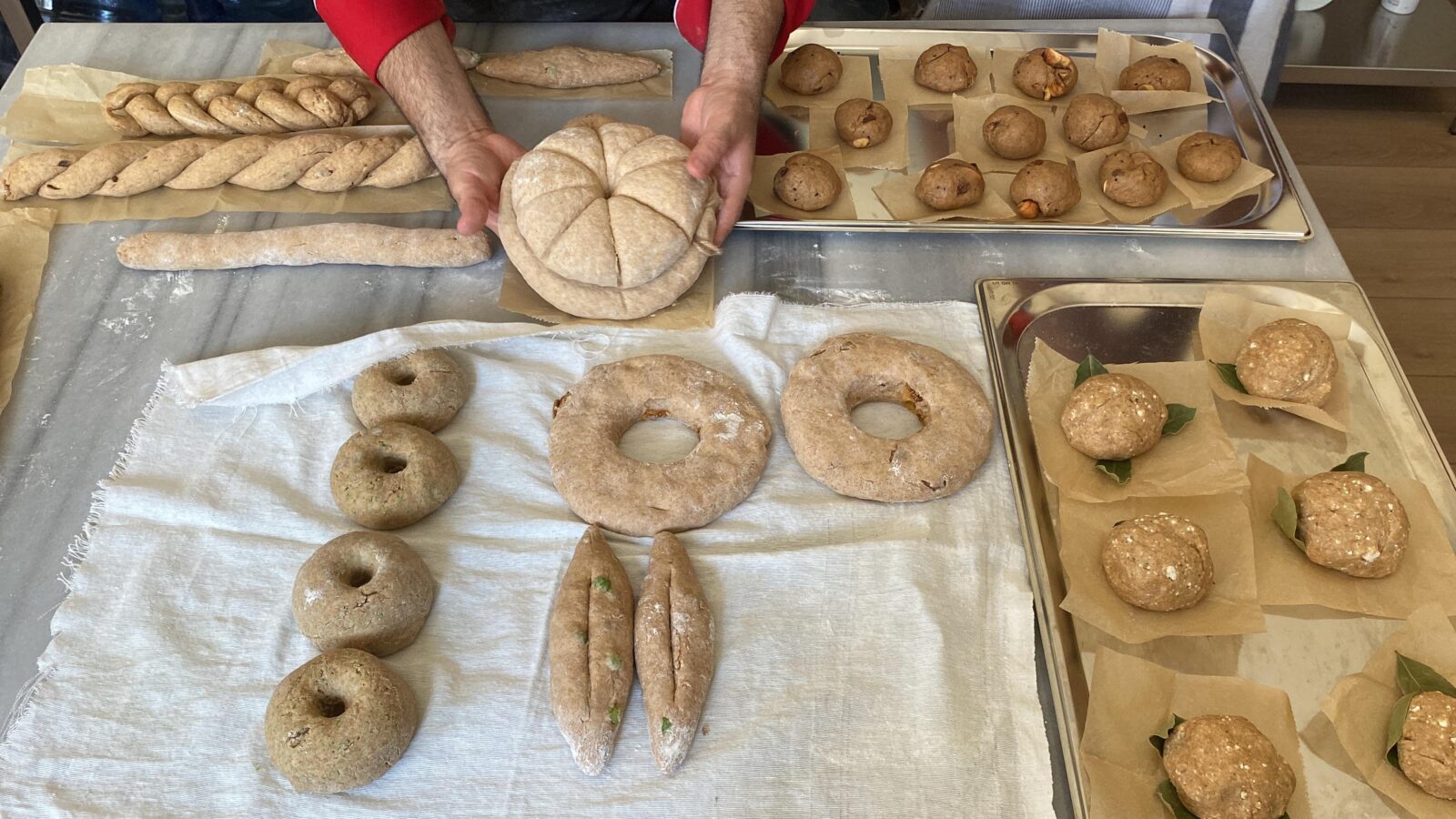
The Hittites’ love for bread is evident in their written recipes, many of which are still preserved today.
These ancient recipes are a testament to the Hittites' culinary creativity, blending different flavors and ingredients.
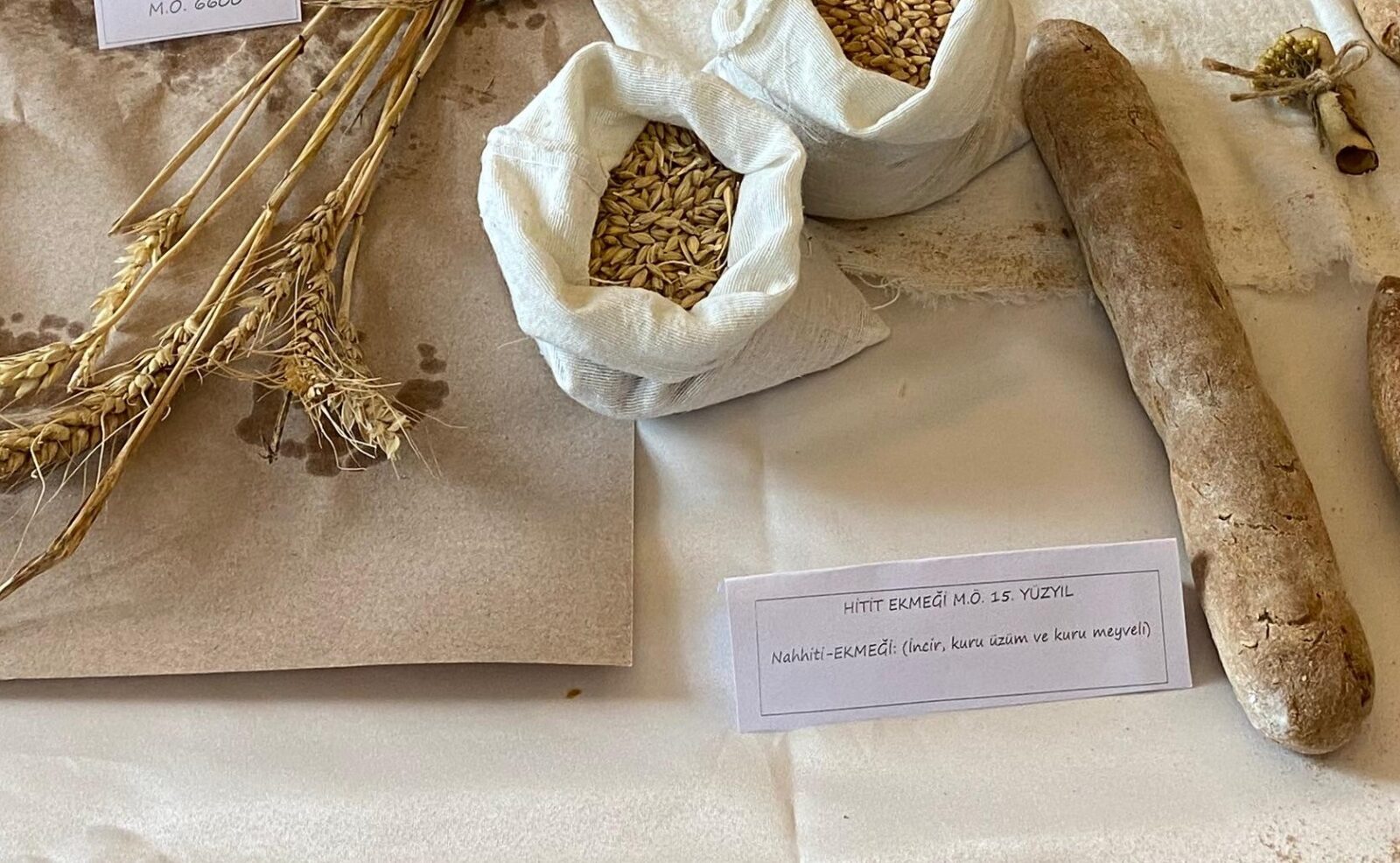
Ingredients:
Instructions:
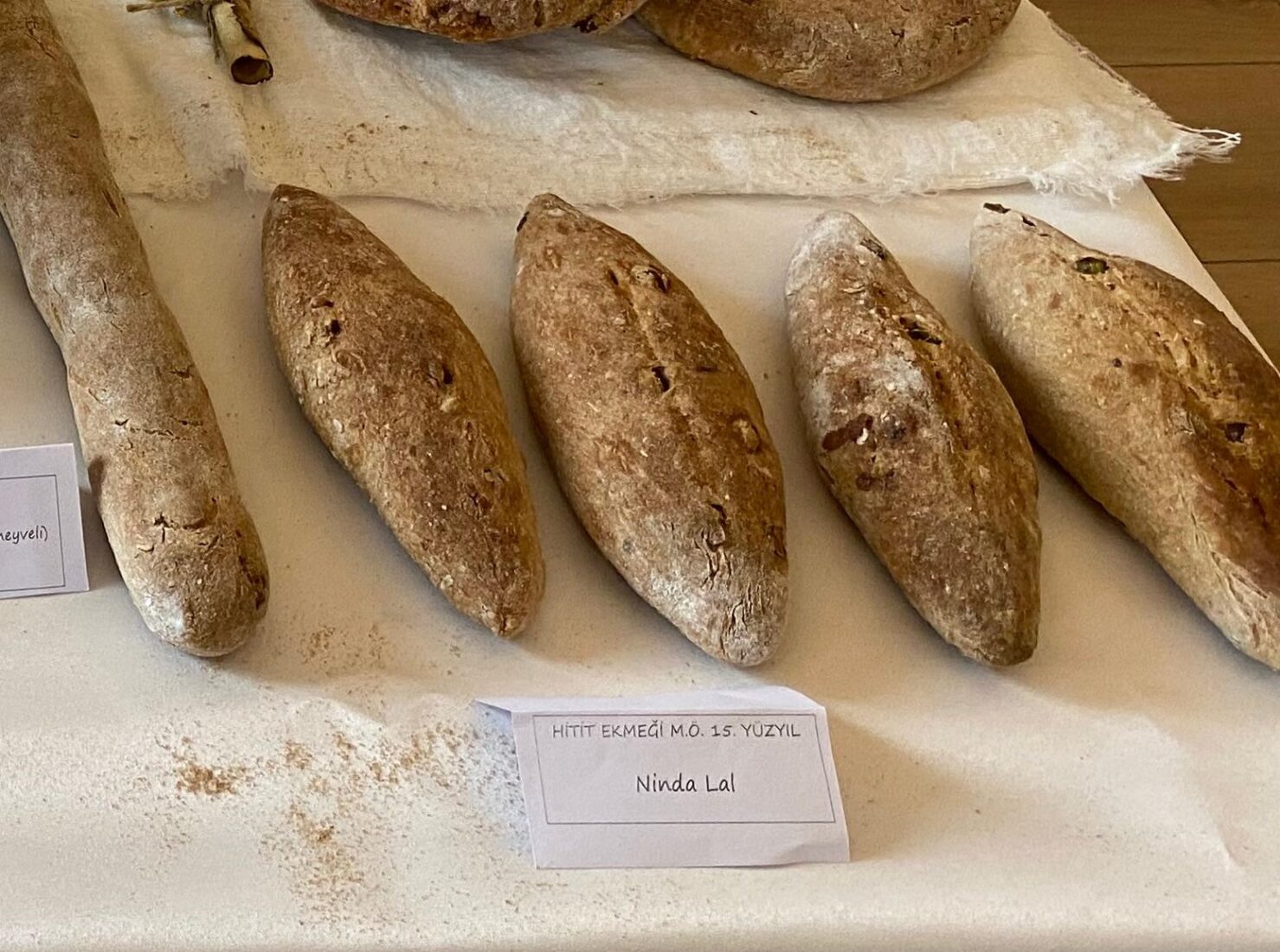
Ingredients:
Instructions:
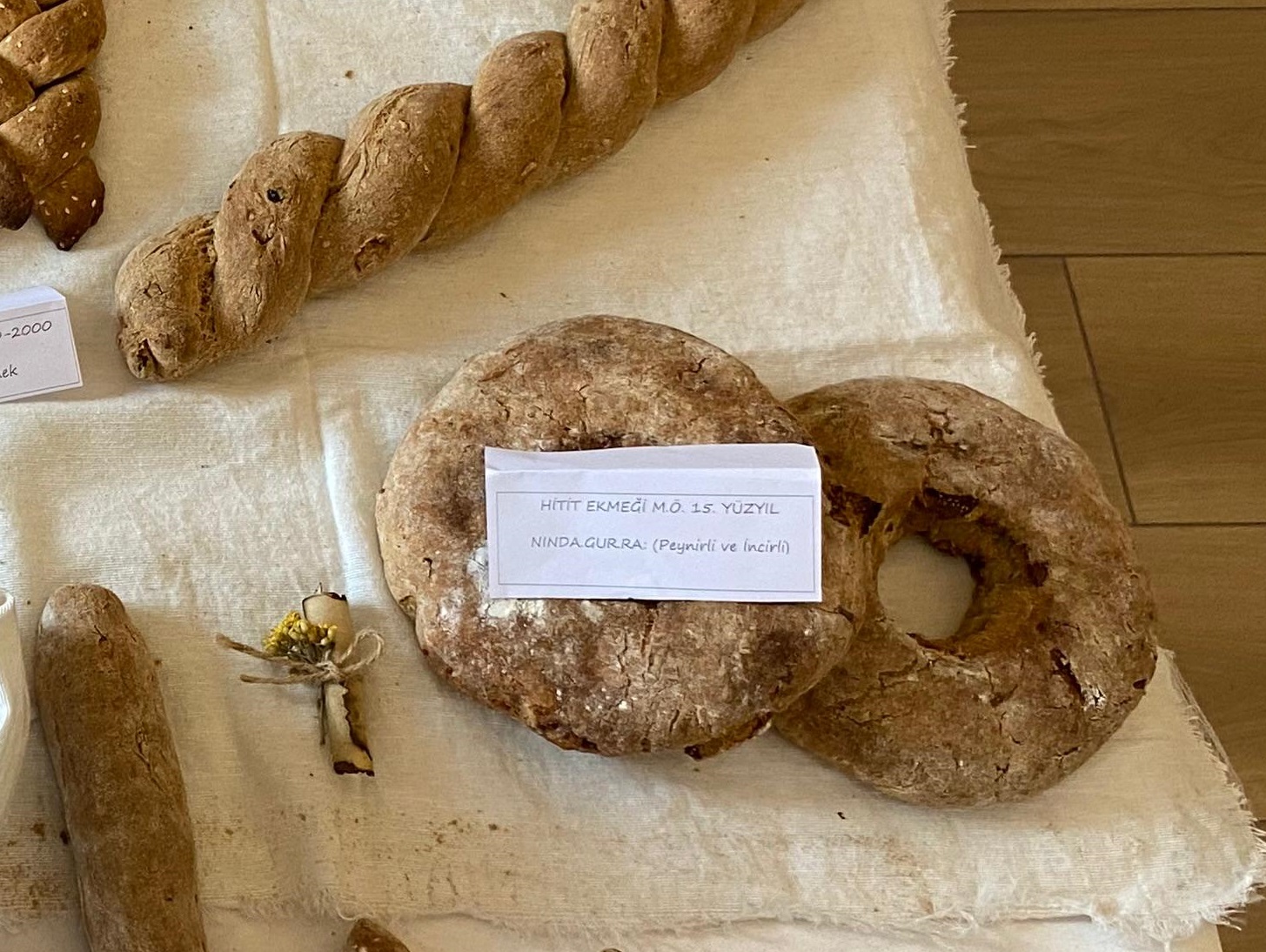
Ingredients:
Instructions:
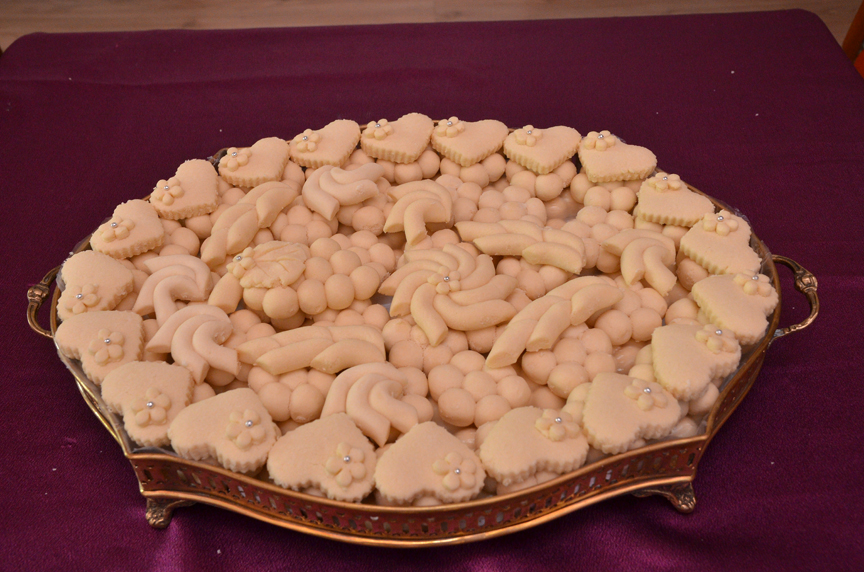
The Hittites' influence remains evident in Corum's culinary culture today. One notable example is the traditional "Agiz Tadi Kurabiyesi," a simple cookie made from butter and flour commonly served during special occasions such as festivals or weddings.
The shape of the cookie, often molded to resemble grape clusters and wheat ears, symbolizes abundance and fertility—an echo of the Hittite's use of similar symbols in their food and rituals. This shared symbolism highlights the deep connection between ancient Hittite culture and modern Turkish culinary traditions.
The Hittites' culinary heritage, with its emphasis on bread, agriculture and rituals, has left an indelible mark on the gastronomic history of Anatolia.
From their detailed bread recipes to their cultural practices, the Hittites' influence continues to be felt today in Türkiye's rich food culture.
By revisiting the past through the lens of food, we gain a deeper understanding of the civilizations that shaped the modern world.